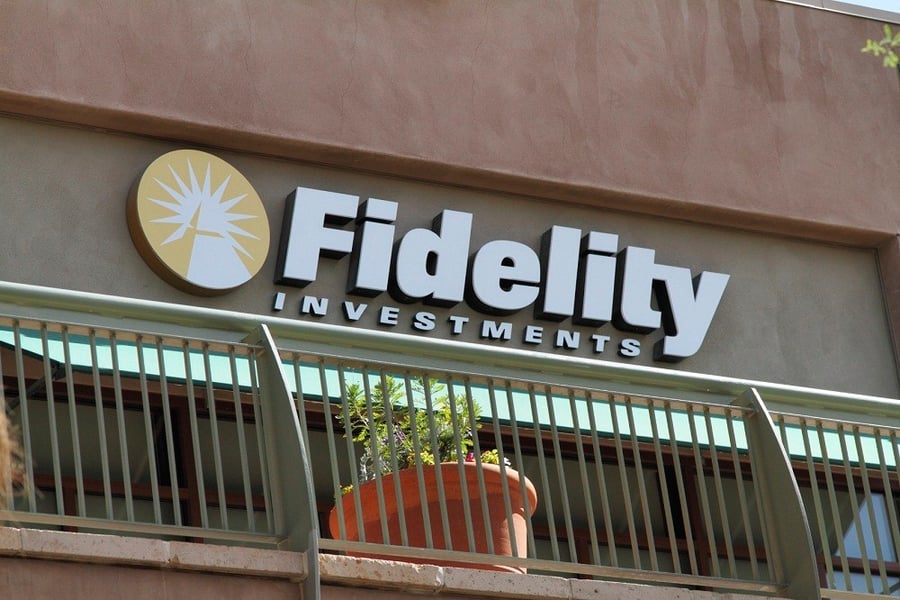Fidelity Investments announced Tuesday that it will lower expense ratios on 27 index funds and ETFs on July 1, as the competition for investor assets drives costs down further.
“We are taking already one of the lowest cost index fund offerings in the industry and making it even more compelling,” said Colby Penzone, senior vice president for Fidelity's Investment Product Group.
Fidelity is No. 2 in index assets and now offers several index products with lower costs than archrival
Vanguard.
The Boston-based fund company's Fidelity 500 Index fund (FUSEX), which tracks the Standard & Poor's 500 stock index, charges 0.09% annual for individual investors, versus 0.16% for the Vanguard 500 Index Fund Investor Shares (VFINX). Fidelity's minimum investment in the fund is $2,500, vs. $3,000 for Vanguard's S&P 500 fund.
Similarly, the investor share class of Fidelity's Total International Index Fund (FTIGX) will sink to 0.18%, a whisker below the 0.19% for Vanguard Total International Stock Index Fund Investor Shares (VGTSX).
The fee cuts extend across all four share classes of Fidelity's index funds. For example, the Fidelity 500 Index fund's premium share class, which has a $10,000 minimum, will fall to 0.045%, vs. 0.05% for the similar Vanguard 500 Index Admiral shares.
Fidelity also cut the expense ratios of 11 sector ETFs from 0.12% to 0.08%, again pricing it below Vanguard's offerings. For example, the Vanguard Information Technology ETF (VGT) charges 0.10% annually, while the
iShares U.S. Technology ETF weighs in at 0.43%. “They (Fidelity) have the lowest cost sector funds,” said Jim Lowell, editor of Fidelity Investor, a newsletter.
The move to cut expenses follows the relentless rules of competing with commodity products: Cut prices continually to keep competitors at a disadvantage. “In the past few years, Fidelity has gotten into the cost competition business,” Mr. Lowell said. “They want people to pay attention to the fact that they have the lowest-cost products.”
The move also moves Fidelity's brand in a different direction. “They have never figured out a way to break into the brand consciousness of the consumer,” Mr. Lowell said. “If investors think index, they think Vanguard, if they think growth, they think Fidelity. In the past few years, though, they have gotten into the cost competition business.
And that's a business that has room for very few competitors. A fund with a 0.05% expense ratio and $100 million in asset grosses just $50,000 in fees. Vanguard's unique corporate structure allows it to slash expenses to the bone. But Fidelity, which is privately held, can also cut expenses. “Fidelity doesn't have to make a dime on these for a decade,” Mr. Lowell said.
Fidelity's Mr. Penzone said it's not just about cost. “It's the value we bring and the services and distribution channels we offer,” he said. “We think active and passive can play a role in customers' portfolios. We're very focused on making sure we can support advisers in the space.”
Fidelity's move brought praise from Vanguard expert
Dan Wiener, editor of "The Independent Adviser for Vanguard Investors."
“Fidelity is late to the party, but there's a lot of food and drink left,” Mr. Wiener said. “Most of the fund industry doesn't know where the party is.”







